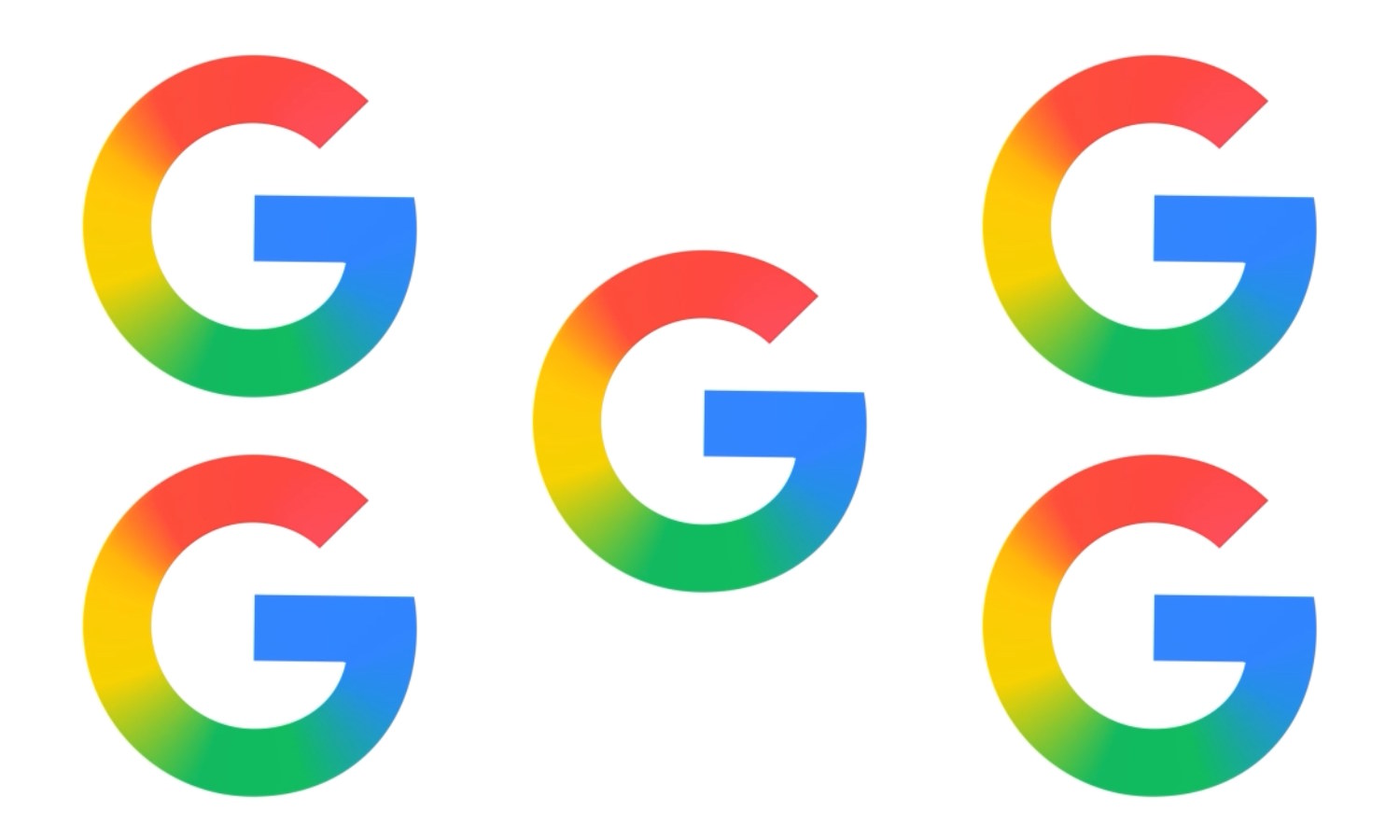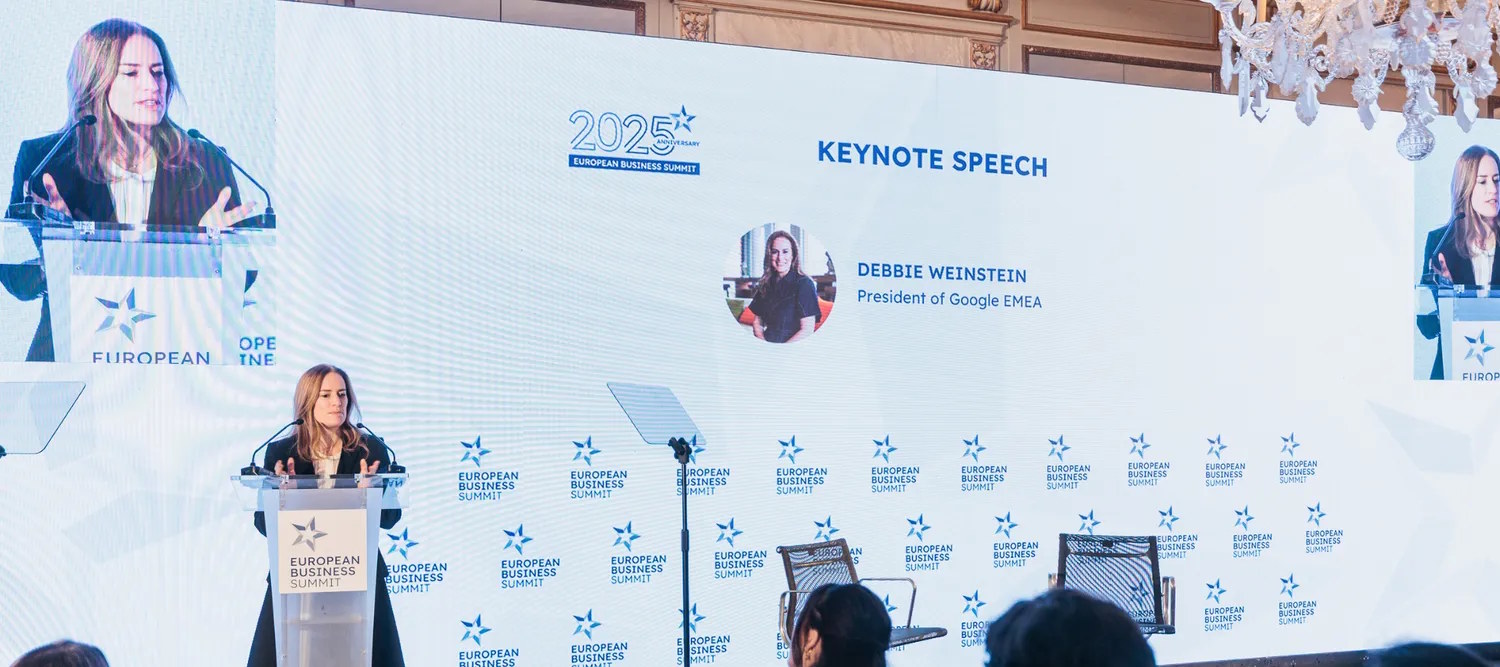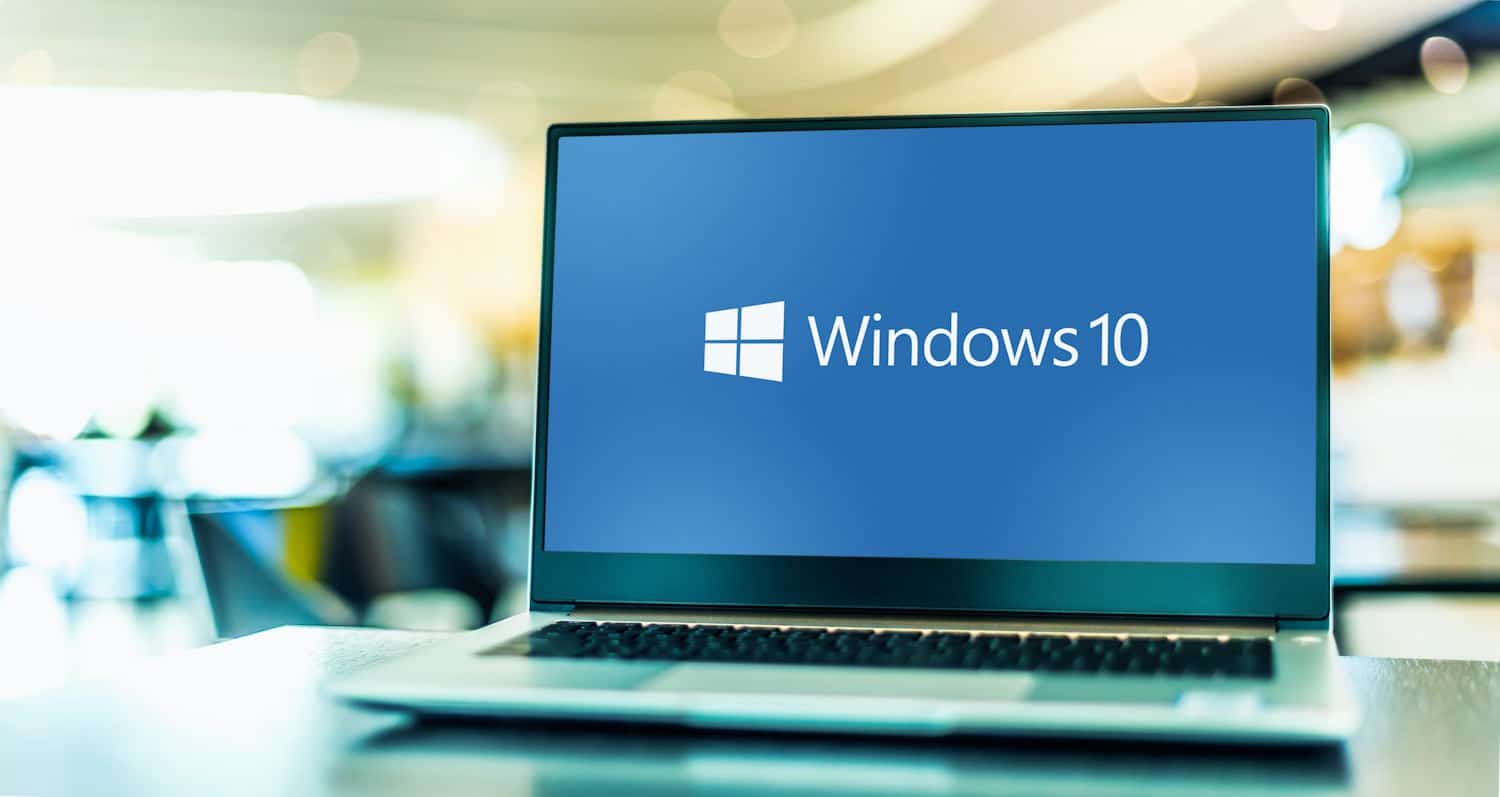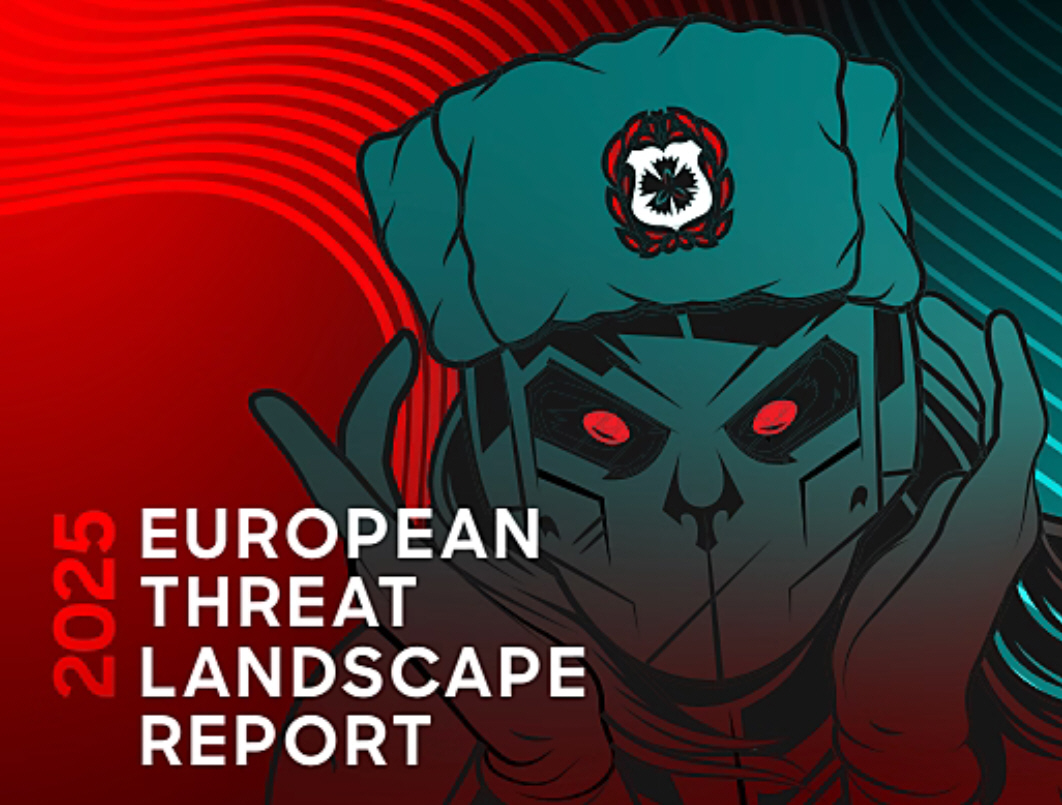
Digital bank Monzo gains a full European banking licence
UK-based digital bank Monzo is ready to expand into Europe. The fintech has acquired a full banking licence from the Central Bank in Ireland, as well as from the European Central Bank.
Monzo has gone from strength to strength since it launched back in 2015. Now the company’s European headquarters will be in Dublin, where it will be regulated by the Central Bank of Ireland.

Google has dropped its antitrust complaint against Microsoft in the EU
Just last year, Google lodged an antitrust complaint against Microsoft in the EU. Now, a week into the probe by investigators, Google has had a change of heart and has withdrawn the complaint.
The 2024 complaint was filed by Google Cloud, with Microsoft accused of trying to lock users into its Azure product through licensing of Windows, Office and other software. Just last week, the European Commission launched a series of investigations, and this has been the catalyst for Google’s complaint withdrawal.

Google calls on European governments to update tech regulations to embrace AI
The president of Google EMEA, Debbie Weinstein, has called on governments in Europe to do more to help promote the adoption of AI across industry. Speaking at the Europe Business Summit in Brussels, she said that she sees massive potential for artificial intelligence in Europe.
There are, however, problems. Weinstein points to issues such as companies in the regions still working with older technologies but, more pressingly, the restrictive nature of EU regulations.

Free tool fixes Windows 10 ESU registration issues and restores Microsoft security updates
Microsoft officially ended support for Windows 10 last month, leaving most systems without regular updates. For users in the European Union, the European Economic Area, and Switzerland, the software giant offers free Windows 10 ESU (Extended Security Updates) patches to keep PCs protected. Unfortunately, for many who qualify, the ESU registration option doesn’t appear in Windows Update.
The missing registration prompt issue is typically the result of incomplete system updates, disabled Windows services, or files required for the registration process going AWOL. If your Windows 10 installation isn't fully up to date or certain services aren't running, the ESU registration won't automatically appear.

CrowdStrike report shows ransomware surging across Europe
European organizations are encountering ransomware at a record pace, according to CrowdStrike’s 2025 European Threat Landscape Report. The new study found that Europe accounted for nearly 22 percent of global ransomware and extortion victims, second only to the US.
With attacks taking just 24 hours on average, the report shows a worryingly aggressive and complex threat for businesses and governments across the region.

Ad-free versions of Facebook and Instagram are coming to the UK – for a price
Meta has announced that it is launching a subscription service in the UK that will let users of Facebook and Instagram pay to avoid ads.
The plan has already been rejected by the European Union, but this does not affect post-Brexit UK. Separate subscription tiers are available for the social platforms’ mobile apps and the web. For anyone unwilling or unable to pay, the Facebook and Instagram experience will remain riddled with ads.

Microsoft makes Windows 10 ESU completely free... for a year... for some
With just a month to go until the official end of support for Windows 10, Microsoft has been forced to cede ground. The company will now offer a year of ESU (Extended Support Updates) available completely free of charge, no strings attached, for people living in the European Economic Area (EEA).
While free access to the ESU program is available in other parts of the world, it is only available with conditions. In Europe, these conditions no longer apply.

Microsoft unbundles Teams from Office 365 to avoid EU fine
Microsoft has managed to avoid a hefty fine or other sanctions after the European Commission accepted the company’s proposal for unbundling Teams from Office 365 and Microsoft 365.
A complaint from Slack a few years ago started the European legal wheels turning as Microsoft was accused of anti-competitive behavior once again. The European Commission agreed that the company had “granti[ed] Teams an undue competitive advantage in terms of distribution”, but now accepts Microsoft’s unbundling proposal.

Linux Foundation warns Europe risks falling behind without stronger open source strategy
The Linux Foundation has released the 2025 World of Open Source Europe Report, describing open source as a strategic advantage for Europe but warning that a lack of cohesive strategy, leadership buy-in, and policy alignment could hold the continent back. The report, presented at the Open Source Summit Europe, draws on insights from more than 300 IT leaders.
The report found that open source is not just widely adopted but has become essential to Europe’s digital sovereignty. Despite this, the study warns that without deeper investment, stronger executive commitment, and policy frameworks that encourage innovation, Europe risks falling short of its potential to lead in global open innovation.

European manufacturers face critical vulnerabilities
The manufacturing industry is the most targeted industry for cyberattacks and this has has now been the case for four consecutive years.
A new study from KnowBe4 shows that this combined with the manufacturing sector’s expanding digital footprint is putting operations, intellectual property, and economic resilience at risk from critical vulnerabilities.

Microsoft is making huge changes to Windows 10 and 11, cutting out nagging to use Edge... for some
There can be few Windows users who have not been frustrated by notifications suggesting that they use Microsoft Edge as their browser. Microsoft’s heavy-handed promotion of its own web browser has been the source of annoyance, frustration and lawsuits for some time.
Now the company is relenting, making sweeping changes across Windows 10 and Windows 11 that will stop some of the pestering to use Edge, and also make it easier to change default browsers. More than this, it is making changes to Windows Search, the Microsoft Store and many other apps... but not for everyone, and not because it wants to.

Could cyberattacks leave Europe in the dark?
A new report highlights how growing reliance on digital technologies across Europe, combined with geopolitical tensions and sophisticated threat actors, is creating a perfect storm that could put energy stability at risk and lead to the lights going out.
The study from security awareness training platform KnowBe4 shows the average number of cyberattacks against utilities more than doubled between 2020 and 2022. Specifically across Europe, cyber threats to the energy sector have surged, driven by an epidemic of under-reporting and lack of detection, with recent attacks disrupting operations, compromising sensitive data, and highlighting the urgent need for stronger cybersecurity measures.

The European Commission wants Elon Musk to reveal the secrets of the X recommendation algorithm (don’t we all?)
Elon Musk -- or his company, X, at least -- has been given until mid-February to provide the European Commission with details of how its recommendation algorithm works.
The request is part of a wider investigation by the EC to ensure that X is complying with the Digital Services Act (DSA). Many would be interested to learn something about how the recommendation system of this and other social media platforms works, and the Commission has further demands as well.

Social media upstart Mastodon is transitioning into a non-profit organization
X and Bluesky rival Mastodon has announced plans to transition into a non-profit organization. The decentralized social network is looking to further differentiate it from the competition, and the latest move “affirm[s] the intent that Mastodon should not be owned or controlled by a single individual”.
Precise details of how the change will work are yet to be finalized, but there will be a new, dedicated European not-for-profit entity.

Europe's move toward cybersecurity sovereignty [Q&A]
Governments around the world are increasingly legislating for cybersecurity and privacy. But regions often have differing views on how this should be achieved.
We spoke to Christian Have, CTO of Logpoint, to get insight into how US surveillance laws could serve as a catalyst for Europe to take greater control over its data, pushing forward the concept of digital sovereignty.
